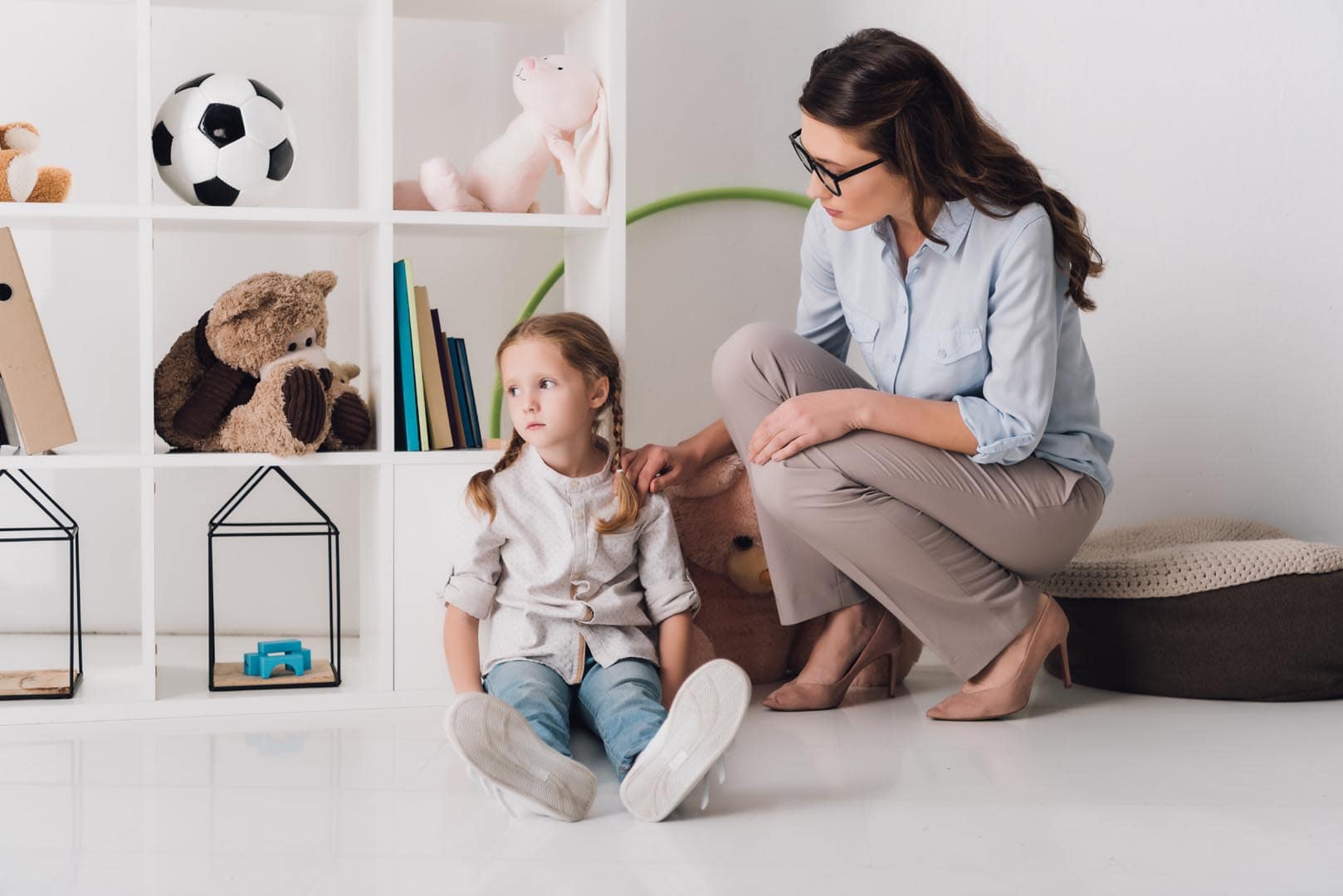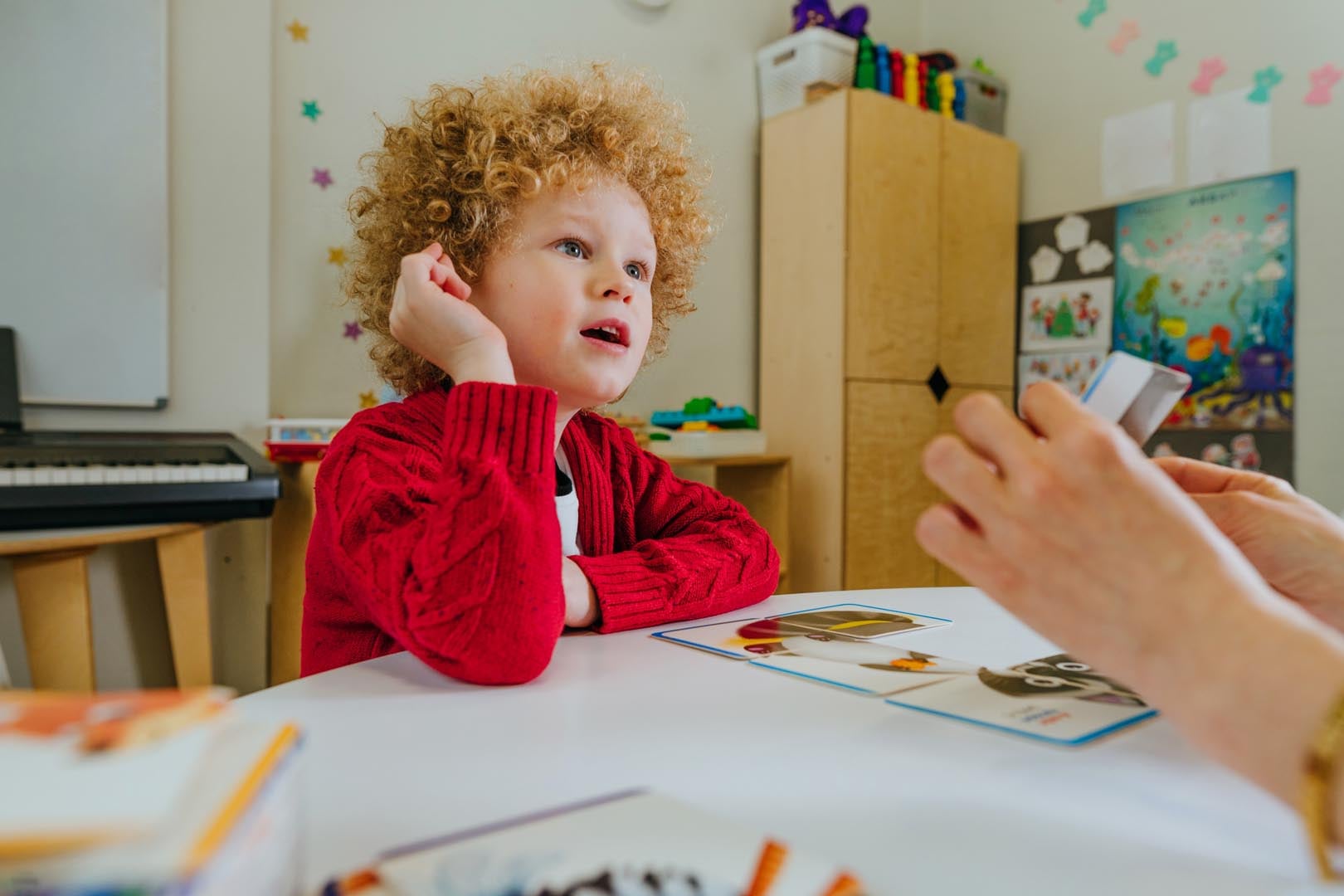Affection Resistance and Rejection
One of the early signs of autism in children is a constant resistance or rejection of affection. The delays in the social development of autism can begin as early as infancy wherein the child might not make eye contact, which parents sometimes mistakenly take as deafness in their child when that develops as the child grows.
Bonding
Resistance is expressed by your child’s lack of enthusiasm for cuddling and forming interpersonal relationships, thus presenting the common notion about children with autism being in their “own world”. Isolation is evident in children with autism. Your child is likely to present this by engaging in solitary play. The emotional detachment to the world around them will eventually lead to a show of inappropriate behavior such as crying tantrums and other forms of aggression.
Physical Contact
Coldness to physical contact and grooming are sometimes present in a child with autism. Rejecting physical contact can come in the form of not wanting to be in a crowded place where people are side by side and bumping into each other. This aversion to physical contact, unfortunately, leads to children with autism not wanting to be got be groomed. Hair brushing along with cutting hair and nails can commonly cause problems. When this happens, parents and caregivers can use techniques such as video modeling or social stories and picture cues to familiarize the child with grooming and assure them it is good for them and that all the other children do it.
Group Settings
Affection rejection may be intensified by past negative interactions, especially with school-age children who are able to communicate and somewhat socialize with others. An example would be rejected notions of acquiring friendships or being forced by a teacher to participate in a group activity. Always keep in mind that children with autism should never be forced to socialize.
Antisocial Behavior
Children with autism can be oblivious to people’s feelings. This causes people to see children with autism as rude, therefore avoiding any sort of contact with them. This makes children even more negative about social relationships, so it is important to expose your child to settings that are safe for your child’s social, emotional, and cognitive development.
Nonetheless, children with autism are still capable of forming bonds with their parents and surroundings. It does not come naturally though, it needs to be developed and nurtured. There are a variety of therapies that can help a child with autism and their parents to be able to develop a system for interaction. An example of such therapy is the Picture Exchange Communication System (PECS).
Copyright © by Special Learning Inc. All right reserved.
No part of this article may be reproduced in any manner whatsoever without written permission except in the case of brief quotations embodied in critical articles and reviews. For information, contact Special Learning Inc., at: contact@special-learning.com








